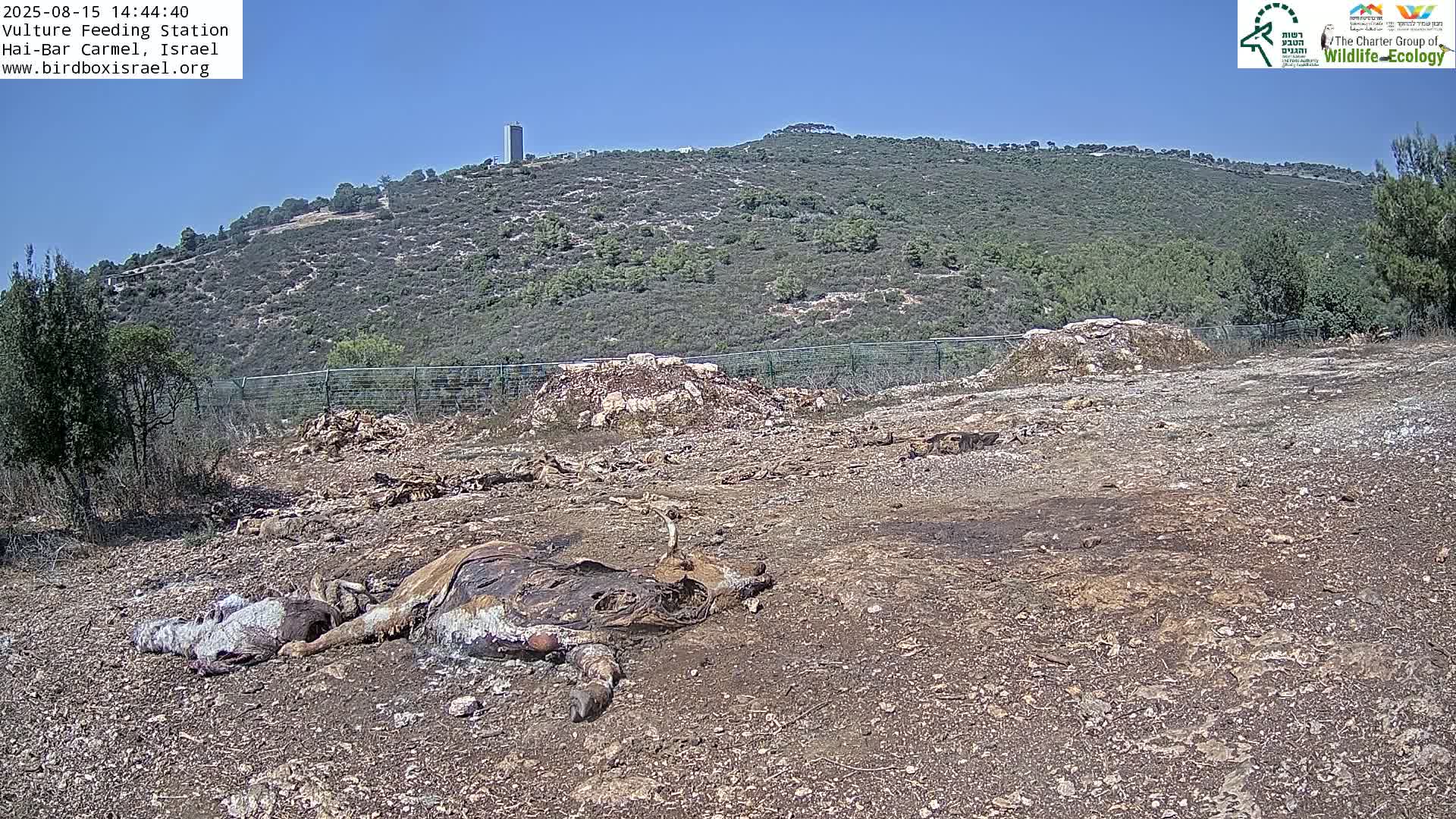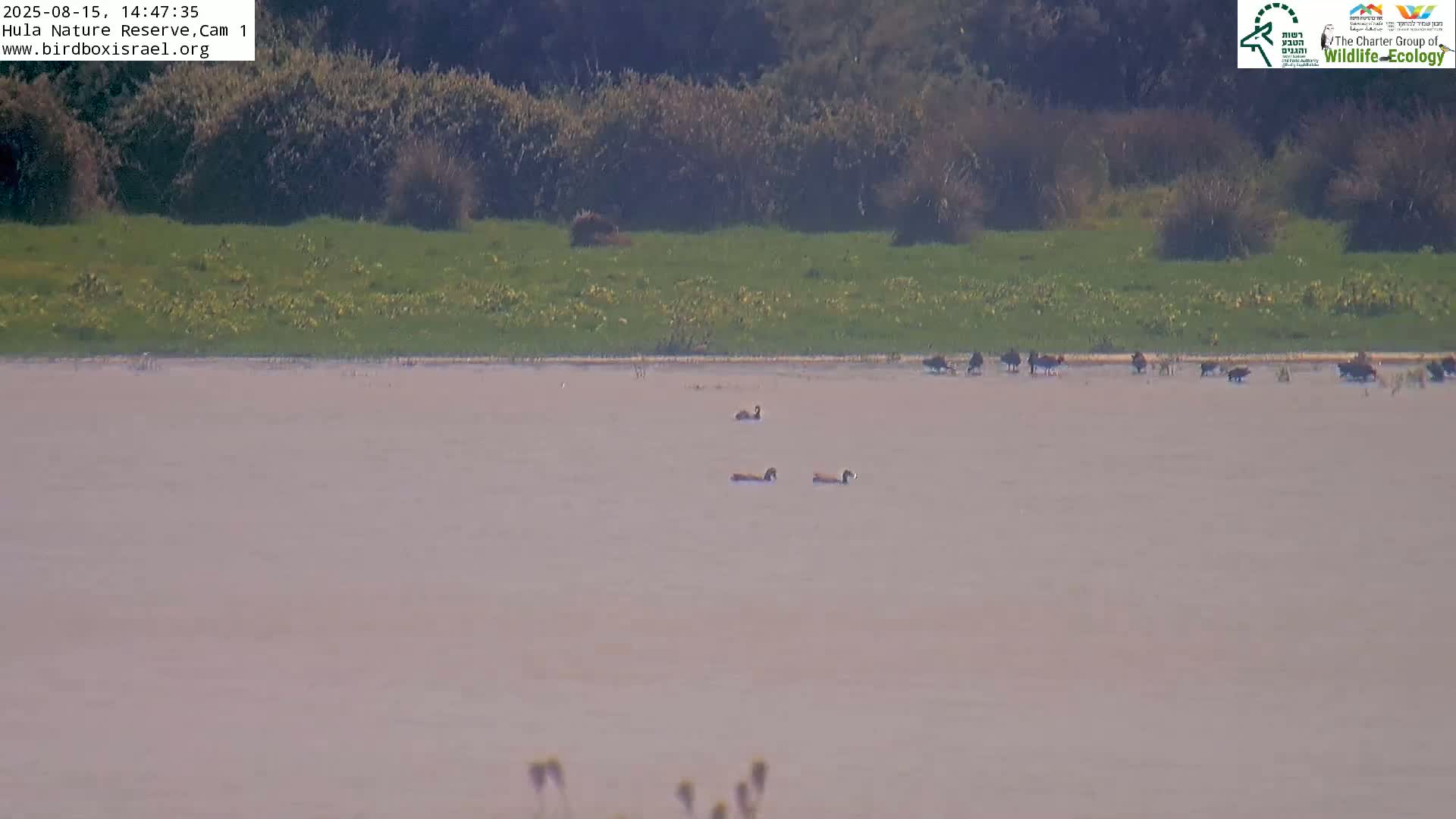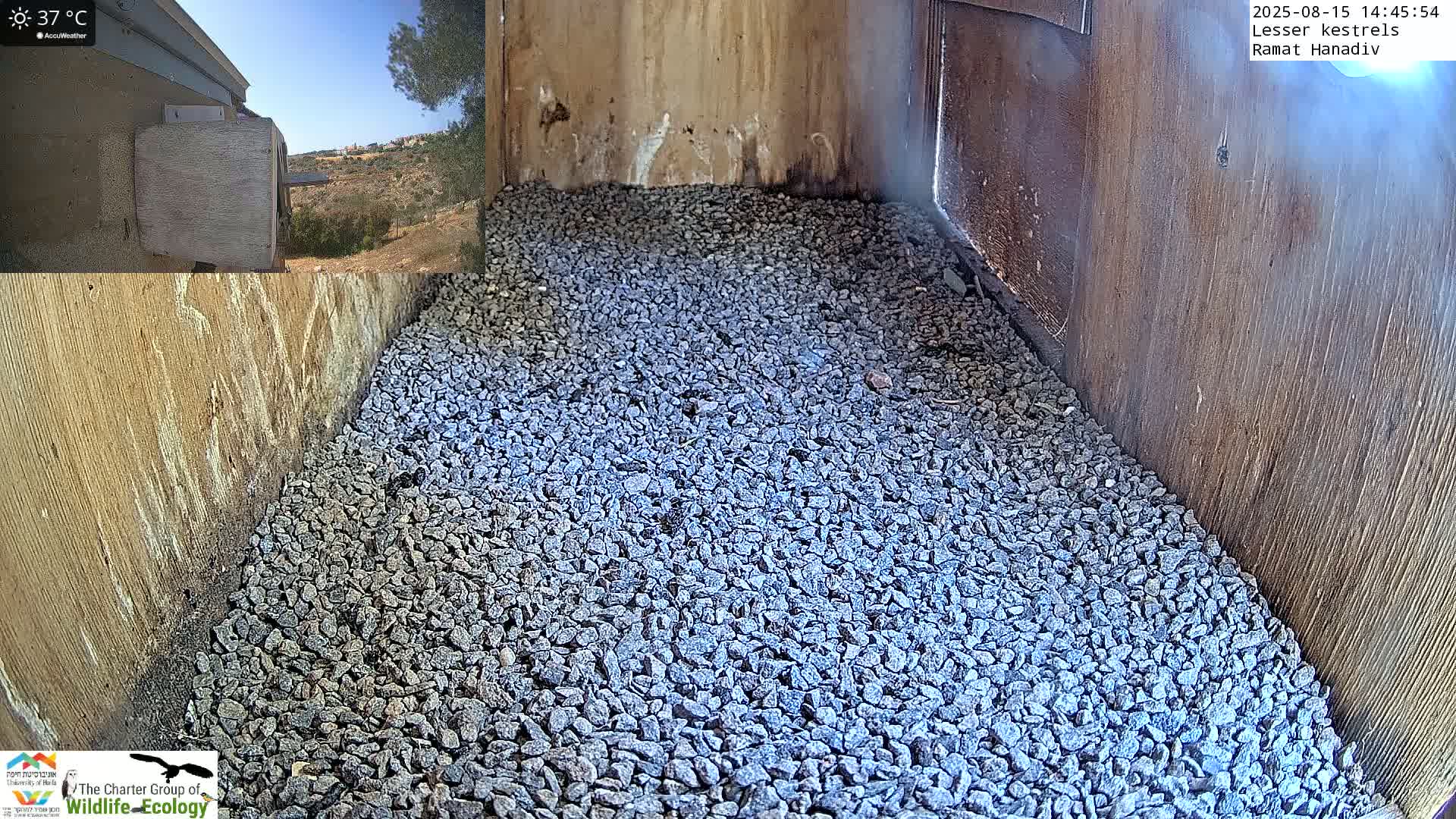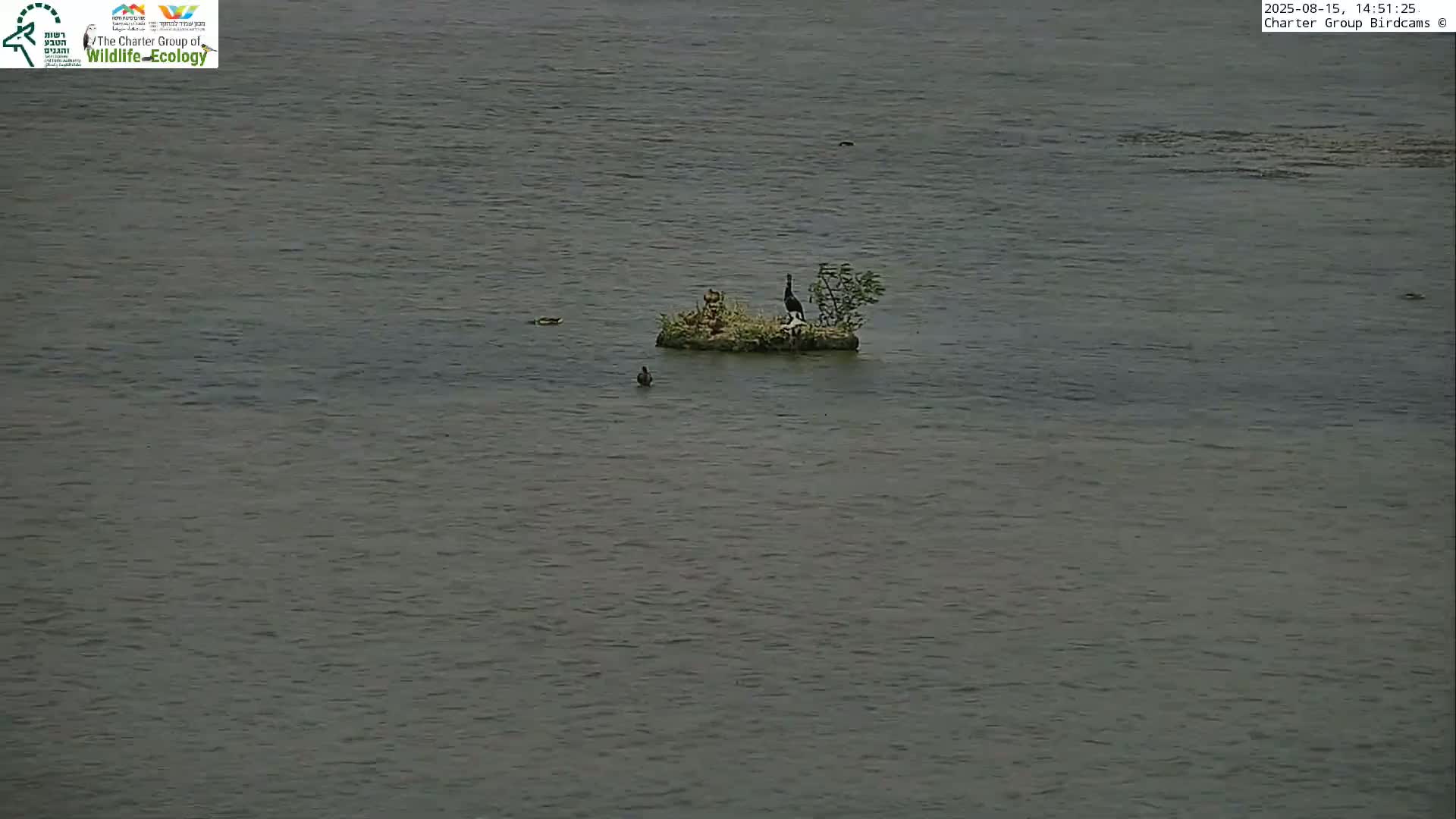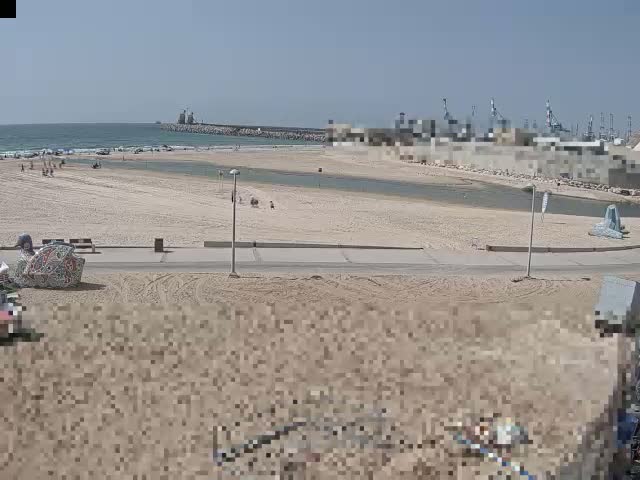Israel to Allow Limited Food Aid into Gaza After Blockade Amidst Ongoing Conflict
 Israel
Politics
Israel
Politics
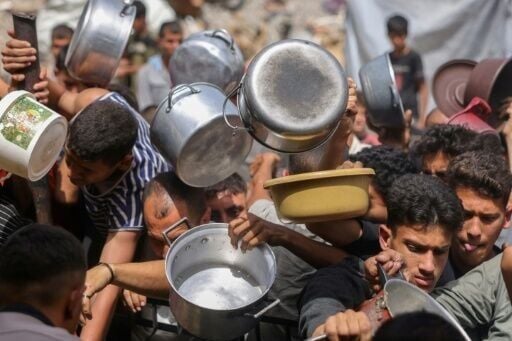
Israel will allow limited food aid into Gaza after a two-month blockade, amidst intensified military operations and hostage negotiations with Hamas.
Israel Permits Limited Food Aid into Gaza Amidst Conflict
Under mounting international pressure, Israel has announced it will allow a "basic amount" of food into the Gaza Strip. This decision comes after a two-month blockade that has severely impacted the region's humanitarian situation.
Background: Blockade and Escalating Conflict
The announcement coincides with intensified ground operations by the Israeli military in Gaza. Indirect talks between Israel and Hamas, mediated by Qatar, Egypt, and the United States, are ongoing, seeking a potential ceasefire agreement.
Israel's Rationale
Prime Minister Benjamin Netanyahu's office stated that the decision to allow food aid aims to prevent a hunger crisis in Gaza. According to the military's recommendation, such a crisis could jeopardize ongoing military operations. Israel has stated it will prevent Hamas from seizing the aid.
Humanitarian Concerns
While Israel asserts that the blockade was intended to pressure Hamas, UN agencies have warned of critical shortages of food, clean water, fuel, and medicines. French Foreign Minister Jean-Noel Barrot has called for the immediate and unhampered resumption of aid.
Negotiations and Hostage Situation
Negotiations in Qatar aim to secure the release of hostages and the disarmament of Gaza. Hamas has indicated a willingness to release all Israeli hostages in exchange for a permanent ceasefire, a condition Israel has not yet accepted.
Casualties and Health Crisis
Reports from Gaza indicate a dire humanitarian situation, with the health ministry reporting child deaths due to famine. The IDF claims to have struck over 670 Hamas targets but there are also claims of civilian casualties from the strikes. Hospitals are reportedly overwhelmed and under-resourced.
